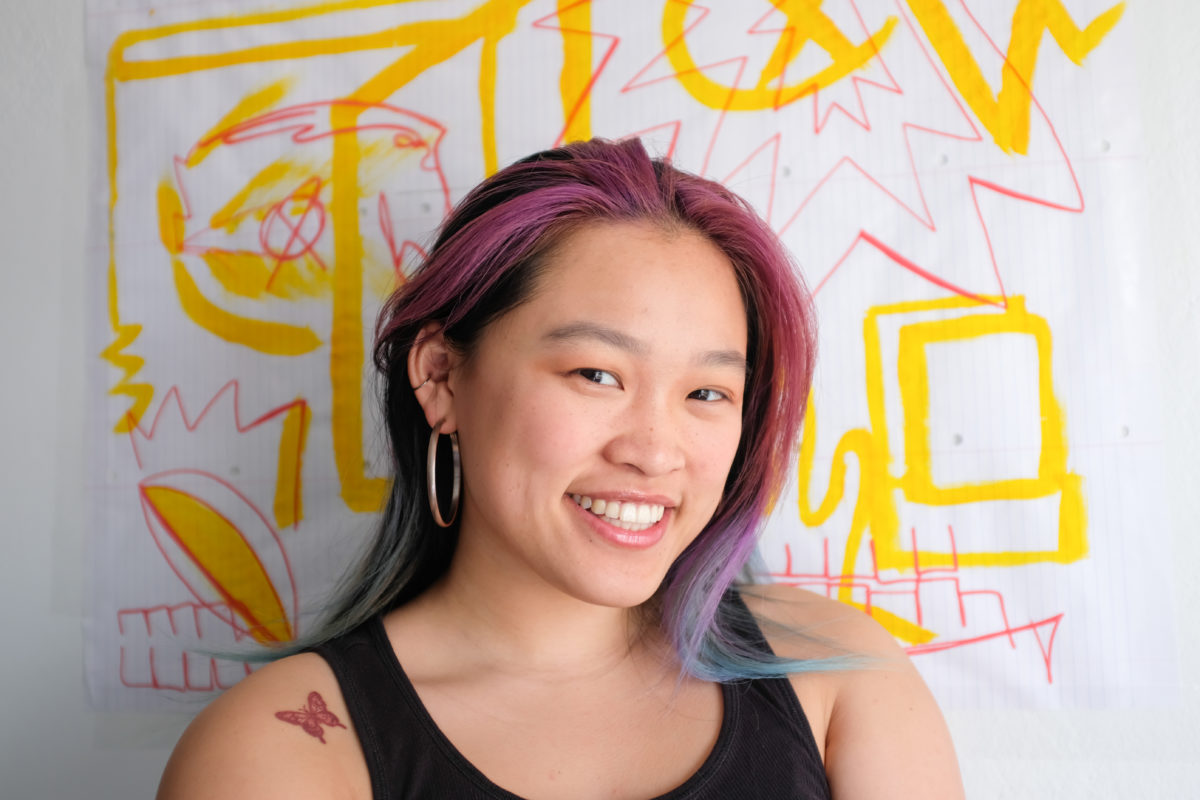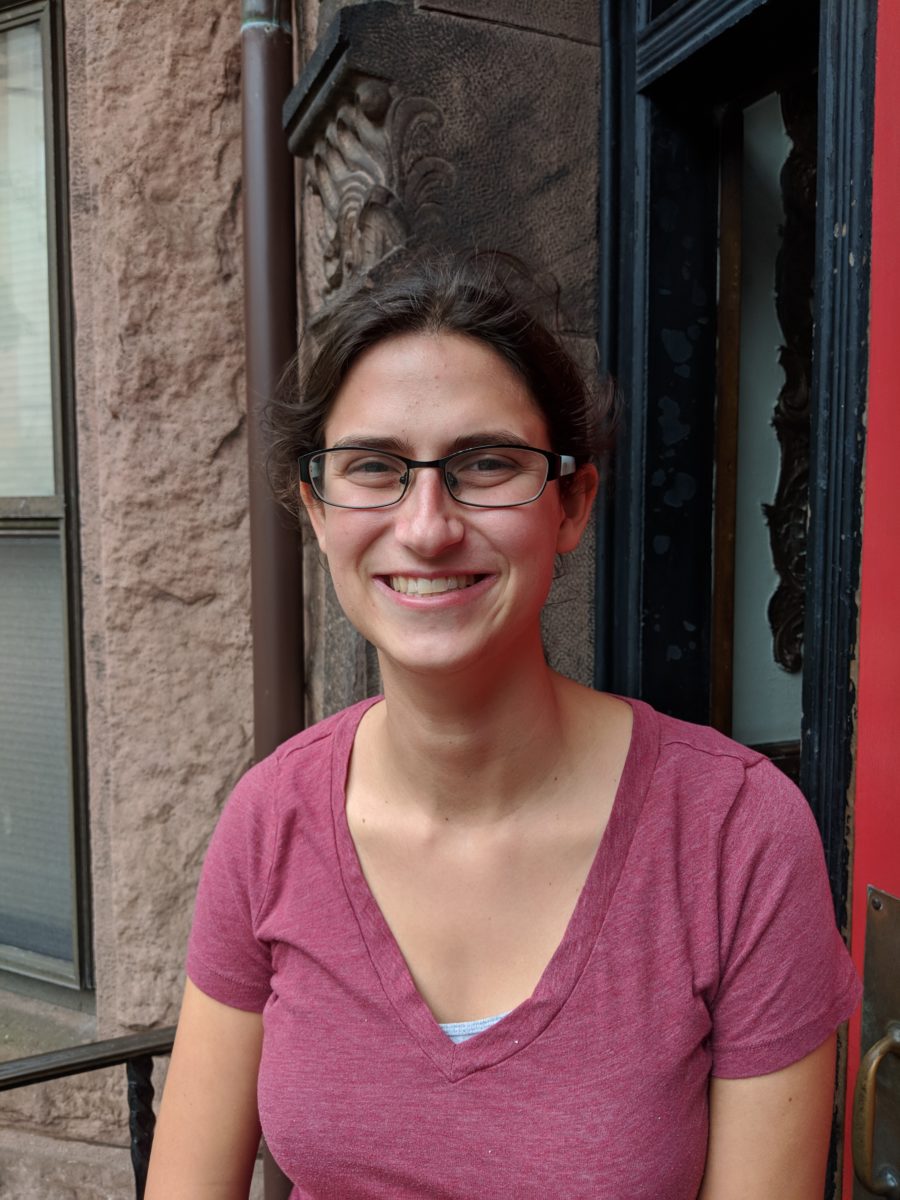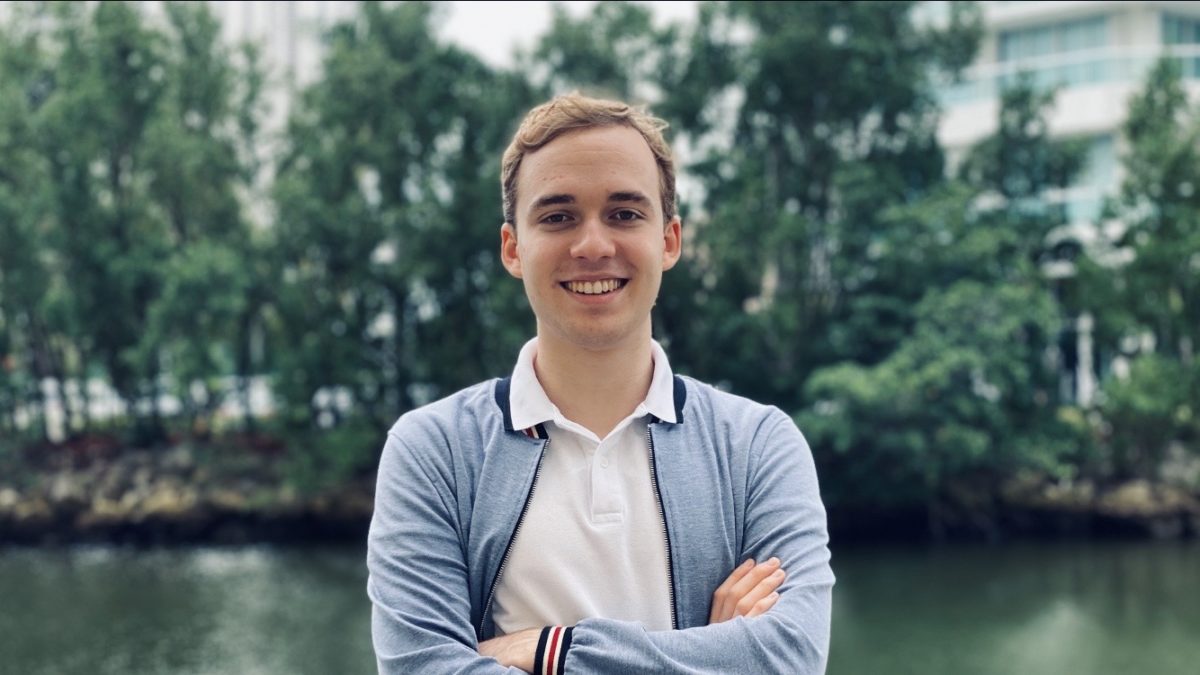MIT is host to a vibrant and delightfully diverse art scene. Much of the credit goes to the students who participate in the arts on campus. Scores of students work each year in seen and unseen roles, promoting and sustaining all forms of creative work. Some of these students appear on stage. Others work behind the scenes, providing technical expertise, running clubs, and mentoring fellow students.
The annual Laya and Jerome B. Wiesner Student Award recognizes up to four students, living groups, organizations, or activities for outstanding achievement in and contributions to the arts at MIT. This year’s four winners, each of whom will receive a $2,000 prize, have helped MIT students create, observe, and enjoy the arts during their time at the Institute, enriching their campus lives.
The Light at the Middle of the Tunnel: Allan and Danny Gelman
Shortly after they arrived in the Fall of 2016 as freshmen, twins Allan and Danny Gelman ’20 (Computer Science and Comparative Media Studies) signed on to “Project Open Mind Open Art,” an open call for artists interested in making art to promote mental health and wellness. Together they stitched pieces of cloth together to form a textile collage. “It was a nice metaphor for mental health,” recalls Allan. “For people, who may feel as if they’re stitched together, even though it may not be evident to others.”
The Miami natives participated in many arts initiatives during four years on campus, including writing an ongoing blog for the MIT admissions web page. Perhaps their most significant contribution was with the Borderline Project—a collaborative student-run effort that plans and creates animated wall paintings along a 226 foot section of basement tunnel beneath Building 66 on Ames St. Joining the project as freshmen, the Gelman brothers served in several leadership roles, most prominently as co-augmented reality chairs. Since 2018, the brothers have held regular walk-in office hours where mentor students in animation.
“Allan and Danny consistently bring people together to share what they have learned with the community,” says Sarah Hirzel, the MIT Maker in Residence who nominated them for the Wiesner Award. “They pair a seriousness of purpose with a sense of camaraderie and fun.”
And All That Jazz: Talia Khan
It wasn’t music that first drew Talia Khan ’20 (Materials Science and Engineering/Music) to Brazil in 2017. But while studying indigenous plant materials and processes in Brazil’s Bahia state, the Arizona native fell in love with that country’s beguiling melodies and rhythms. Soon the jazz singer’s repertoire expanded into samba and bossa nova classics—and a few folk songs from the Amazon—all of which she sang in Portuguese.
Classically trained, Khan auditioned and was admitted to the Emerson Fellows classical and jazz programs, deciding on the latter because “it seemed more fun.” In addition to her solo work, Khan sang with MIT’s Jazz Ensemble and its Vocal Jazz Ensemble, where she earned respect and affection for her strong work ethic, musicality, and infectious enthusiasm. “She is an electric performer,” wrote Emily Richmond Pollock, Associate Professor of Music, in her Wiesner nomination letter. “With incredible charisma and a feeling of ease in her groove and musicianship.”
“If we could see the world through Talia’s eyes,” added Lecturer Genevieve E.V. Dempsey, “our knowledge, verve for life, and sense of the common good would increase, making us all more attuned to and in tune with humanity.”
Khan will return to the Brazilian Amazon next Spring to study plants as a Fulbright Scholar.
Pay Attention to the Woman Behind the Curtain: Margaret Kosten
When Margaret Kosten was six years old, her older sister invited her backstage during a performance she was stage managing at her Indianapolis high school. “She took me up into the crow’s nest,” recalls Kosten, ’20 (Mechanical Engineering/Theater.) “I was hooked.”
As a sophomore, Kosten stage managed “World of Wires,” a technically challenging drama by Jay Scheib that returned to MIT after a long professional tour. “There were video cameras on stage, exploding objects, and a C02 gun spraying fog,” recalls Kosten. “I felt I’d suddenly been shoved into the deep end of the pool.”
Kosten also served as stage manager for “The Chalk Cycle,” a 2018 MIT production written by MIT Theater Professor Claire Conceison. She later traveled with that production to Shanghai, China. More recently she completed “A Foregone Conclusion,” a full length play about an adult woman grappling with the onset of Alzheimer’s disease. Ken Urban, the Theater Arts Lecturer who nominated Kosten for the Wiesner Award, calls it “the strongest play from any writer I have taught at MIT.”
Theater was both a challenge and a sanctuary for Kosten at MIT. “My favorite part is the people,” she says. “At MIT they’re all passionate and want to do something great. But there’s very little ego. That’s rare in the theater world.”
What Makes You Proud: Olivia Yao
Olivia Yao, ’20 (Mechanical Engineering,) was an aspiring photographer when she joined the staff of Infinite Magazine—MIT’s fashion and culture magazine—in 2018. “I didn’t have a lot of experience in making art,” says Yao, who served as Infinite’s Editor-In-Chief her senior year. “I saw the magazine as a place where I could learn from the people around me.”
Under her guidance, Infinite Magazine expanded its audience and range of contributors. As a founding member of MIT’s Asian American Initiative, Yao spearheaded Asian American Pacific Island Heritage Month at MIT. In that initiative, her team of five photographers took portraits of AAPI people and asked them to say what made them proud to belong to that group. The portraits and answers were displayed on pillars in the Building 7 lobby for two weeks in May 2019. Yao also offered free portrait sessions for all MIT women.
Yao’s collaborators at Infinite Magazine cite her courage and generous leadership style. “In addition to nurturing the fashion and arts community through a time of crisis, Olivia has used her art to foster activism on campus,” wrote Haniya Shareef, the rising MIT junior and biological engineering major who nominated Yao for the Wiesner Prize. “She has continuously shown a commitment towards art as a tool to spread joy and unite people.”
—
Written by Ken Shulman
The Council for the Arts at MIT presents several awards annually to MIT students who have demonstrated excellence in the arts.





